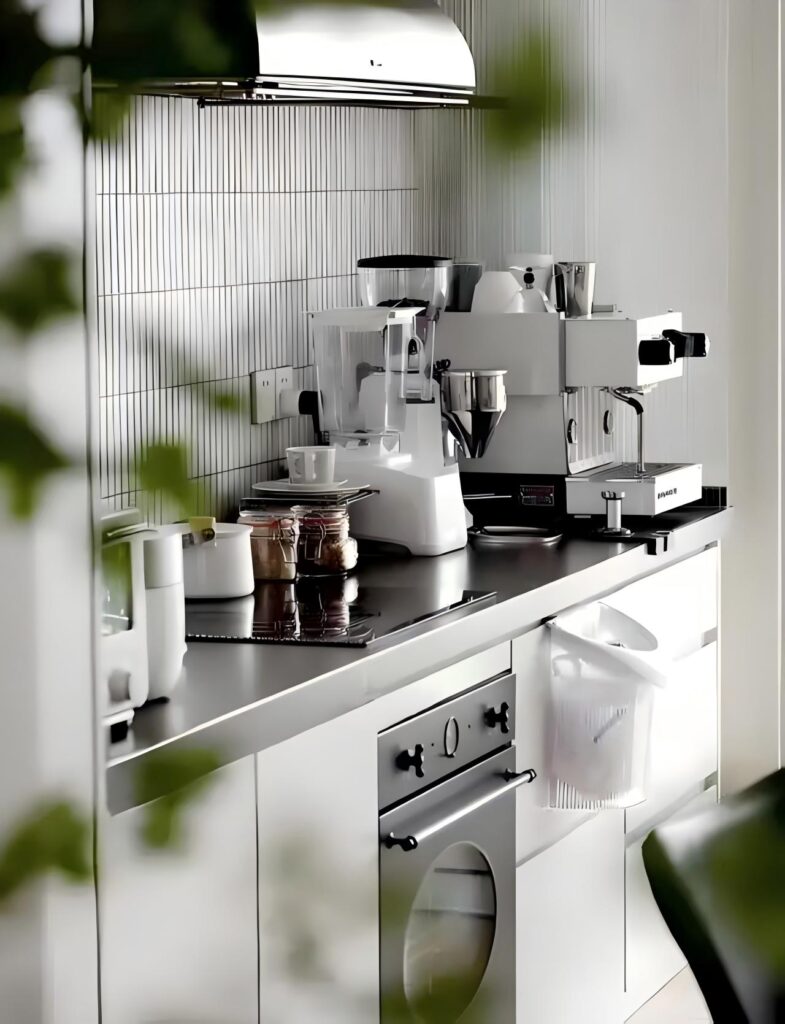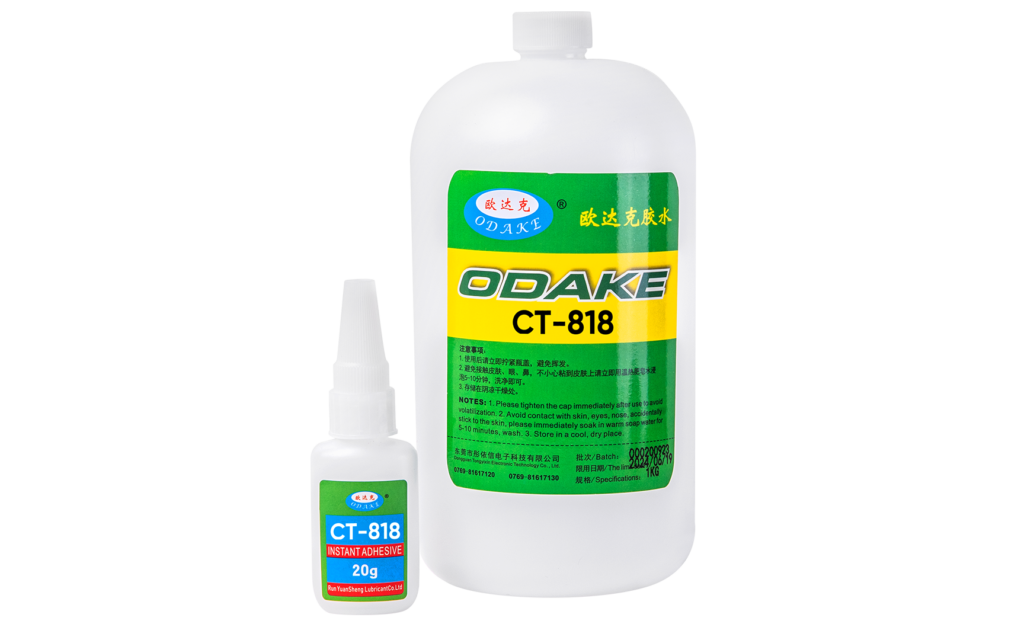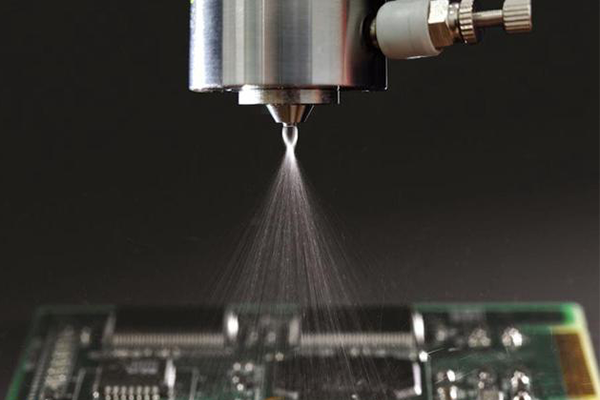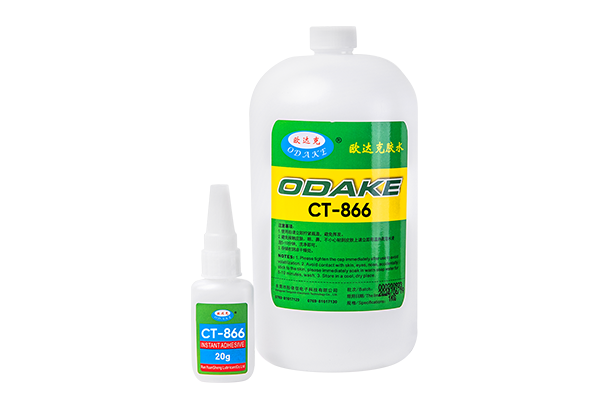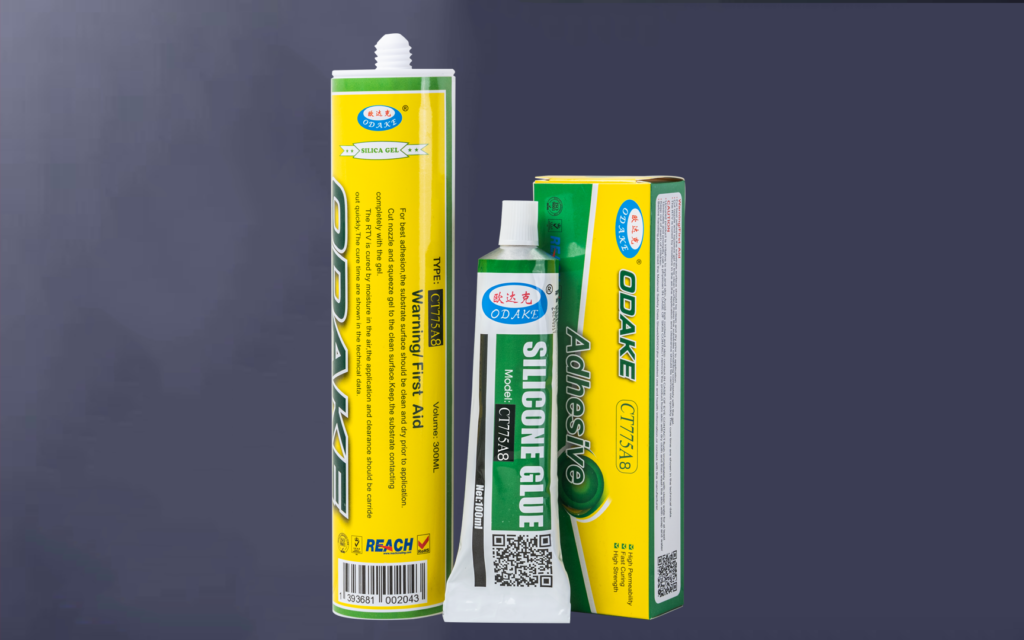Introduction
When it comes to home improvement, silicone glue—also known as silicone adhesive—is a must-have. Its unique waterproof, flexible, and heat-resistant properties make it ideal for bathrooms and kitchens, where moisture and temperature changes are common.
In this ultimate guide, you’ll learn exactly how to use silicone glue for sealing, fixing, and DIY projects in bathrooms and kitchens, plus expert tips to get professional results.
Why Silicone Glue Is Perfect for Bathrooms & Kitchens
1. Waterproof Protection
Bathrooms and kitchens are constantly exposed to water. Silicone glue creates a 100% waterproof seal, preventing leaks, mold, and damage.
2. Heat & Temperature Resistance
From hot showers to boiling pots, these areas experience frequent temperature shifts. Silicone adhesive remains stable and durable under heat and humidity.
3. Flexible Bonding
Unlike rigid glues, silicone glue expands and contracts with surfaces—making it ideal for tiles, countertops, and fixtures that undergo daily stress.
4. Long-Lasting Durability
Once cured, silicone glue resists aging, cracking, and yellowing, ensuring your repairs or projects last for years.
Best Applications of Silicone Glue in Bathrooms
Sealing Around Sinks & Faucets
Silicone glue prevents water leaks around sink edges and faucet bases. Apply a thin, even bead for a watertight finish.
Fixing Shower Tiles
Loose or cracked tiles? A small application of silicone adhesive helps reattach them while resisting moisture and mold growth.
Repairing Bathroom Accessories
From towel bars to toothbrush holders, silicone glue provides a strong bond on ceramic, glass, or metal surfaces.
Best Applications of Silicone Glue in Kitchens
Sealing Countertops & Backsplashes
Use silicone glue to seal gaps between countertops and walls. This not only stops water from seeping in but also makes cleaning easier.
Repairing Kitchen Utensils
Food-grade silicone glue is safe for sealing or repairing cutting boards, wooden spoons, and broken handles.
Fixing Appliances & Gadgets
Need a quick fix for small kitchen appliances? Silicone glue provides heat-resistant, vibration-absorbing adhesion for minor repairs.
Step-by-Step: How to Apply Silicone Glue
Clean the Surface – Remove dust, grease, and moisture for maximum adhesion.
Cut the Nozzle at an Angle – For controlled application.
Apply Evenly – Squeeze a continuous bead of silicone glue along the joint or surface.
Smooth with a Tool or Finger – Dampen with soapy water for a neat finish.
Allow to Cure – Drying time varies from 12 to 24 hours, depending on thickness.
Common Mistakes to Avoid
Applying on wet or greasy surfaces (reduces adhesion).
Using the wrong type of silicone glue (e.g., non-food-safe in the kitchen).
Not allowing enough curing time.
Conclusion
Silicone glue is one of the most versatile adhesives for bathrooms and kitchens—perfect for sealing, repairing, and protecting surfaces against water and heat.
Whether you’re a DIY homeowner or a professional contractor, having silicone adhesive on hand will save you time, money, and stress in the long run.
📍 Location: Dongguan City, Guangdong Province, China
🌍 Website: https://usodake.com
📧 Email: dghxxw888@163.com
📞 Phone: +86-769-81617120 | +86-13711910698
👉 Contact us today for high-quality silicone glue solutions designed for bathrooms, kitchens, and beyond.
FAQs About Silicone Glue in Bathrooms & Kitchens
Q1: Is silicone glue safe to use in kitchens?
Yes, just make sure to choose food-grade silicone adhesive for utensils and surfaces that contact food.
Q2: Can silicone glue stop bathroom leaks?
Yes, silicone glue is one of the best materials for waterproof sealing around sinks, showers, and tubs.
Q3: How long does silicone glue last in bathrooms?
With proper application, it can last 5–10 years before needing reapplication.
Q4: Can silicone glue withstand heat from stoves or hot water?
Most silicone adhesives resist up to 200°C (392°F), making them safe for kitchens and bathrooms.

